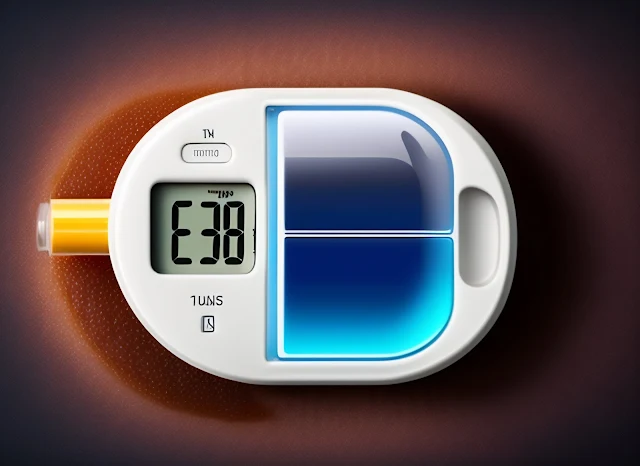Understanding Diabetes: Causes, Symptoms, and Treatment
Diabetes is a complex and chronic disease that affects millions of people worldwide. It is characterized by high levels of glucose in the blood, which can cause a range of health problems if not managed properly. There are three main types of diabetes: type 1, type 2, and gestational diabetes. In this article, we will take a closer look at the causes, symptoms, and treatments of diabetes to help you better understand this disease and manage your health.
Introduction
Diabetes is a disease that affects how the body processes glucose, which is the main source of energy for the body's cells. When a person has diabetes, their body is either unable to produce enough insulin (type 1 diabetes) or it is unable to use insulin effectively (type 2 diabetes). As a result, glucose builds up in the blood, causing a range of health problems, including heart disease, stroke, kidney failure, blindness, and nerve damage.
Symptoms of Diabetes
[1] Some of the common symptoms of type 1 and type 2 diabetes include:
- Feeling more thirsty than usual
- Urinating often
- Losing weight without trying
- Presence of ketones in the urine
- Feeling tired and weak
[3] The general symptoms of diabetes include:
- Increased hunger
- Increased thirst
- Weight loss
- Frequent urination
- Blurry vision
- Extreme fatigue
- Sores that don't heal
It's important to note that some people with type 2 diabetes may not experience any symptoms at all. If you are experiencing any of these symptoms, it's important to see a doctor as soon as possible to get a proper diagnosis.
Symptoms of Gestational Diabetes
Gestational diabetes is a type of diabetes that affects women during pregnancy. [2] The key symptoms include:
- High blood sugar levels
- Increased thirst and hunger
- Urinating often
If left untreated, gestational diabetes can harm both the mother and the baby. It's important to work closely with your doctor to manage your blood glucose levels through special meal plans and regular physical activity, as well as daily blood glucose testing and insulin injections if necessary.
Causes of Diabetes
The exact cause of diabetes is not yet known, but there are several factors that can increase a person's risk of developing the disease, including:
- Family history of diabetes
- Being overweight or obese
- Lack of physical activity
- Poor diet
- Old age
- High blood pressure
It's important to understand the risk factors for diabetes so you can make the necessary lifestyle changes to lower your risk of developing the disease.
Treatments for Diabetes
There is no cure for diabetes, but with proper management and treatment, people with diabetes can live long healthy lives. The main goal of treatment is to keep blood glucose levels under control, which can help prevent or delay the development of complications.
The most common treatments for diabetes include:
- Lifestyle changes, such as healthy eating, regular physical activity, and weight management
The impact of diabetes on everyday life is overwhelming and it is a serious, costly, life-altering disability that can lead to other serious health issues such as heart disease, stroke, blindness, and kidney failure. [1]. The take-home message is that diabetes is a leading cause of death, and it's imperative that people take the first steps toward preventing type 2 diabetes to avoid the serious consequences of this chronic health condition. [2].





Join the conversation
What's your favorite way to incorporate healthy habits into your daily routine?